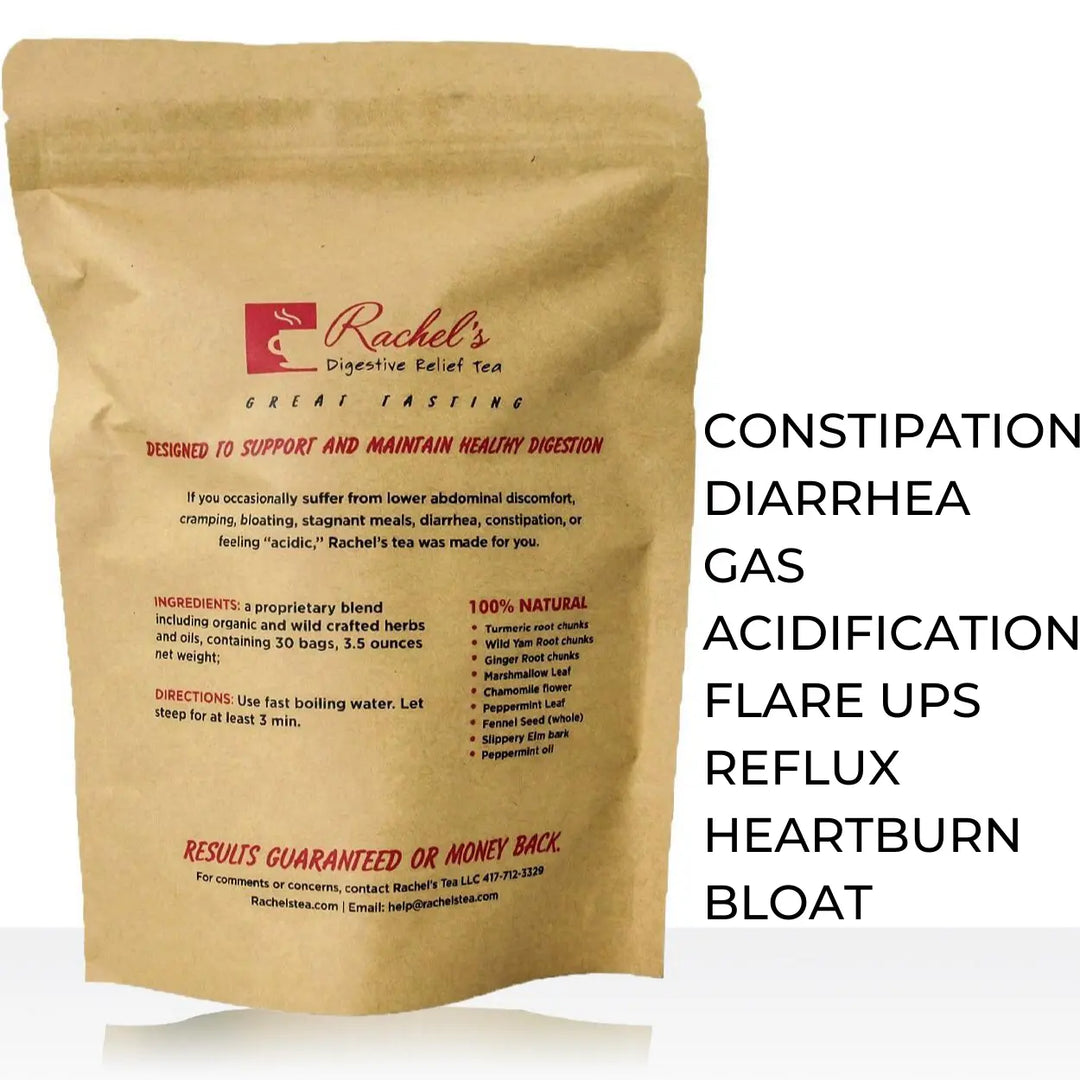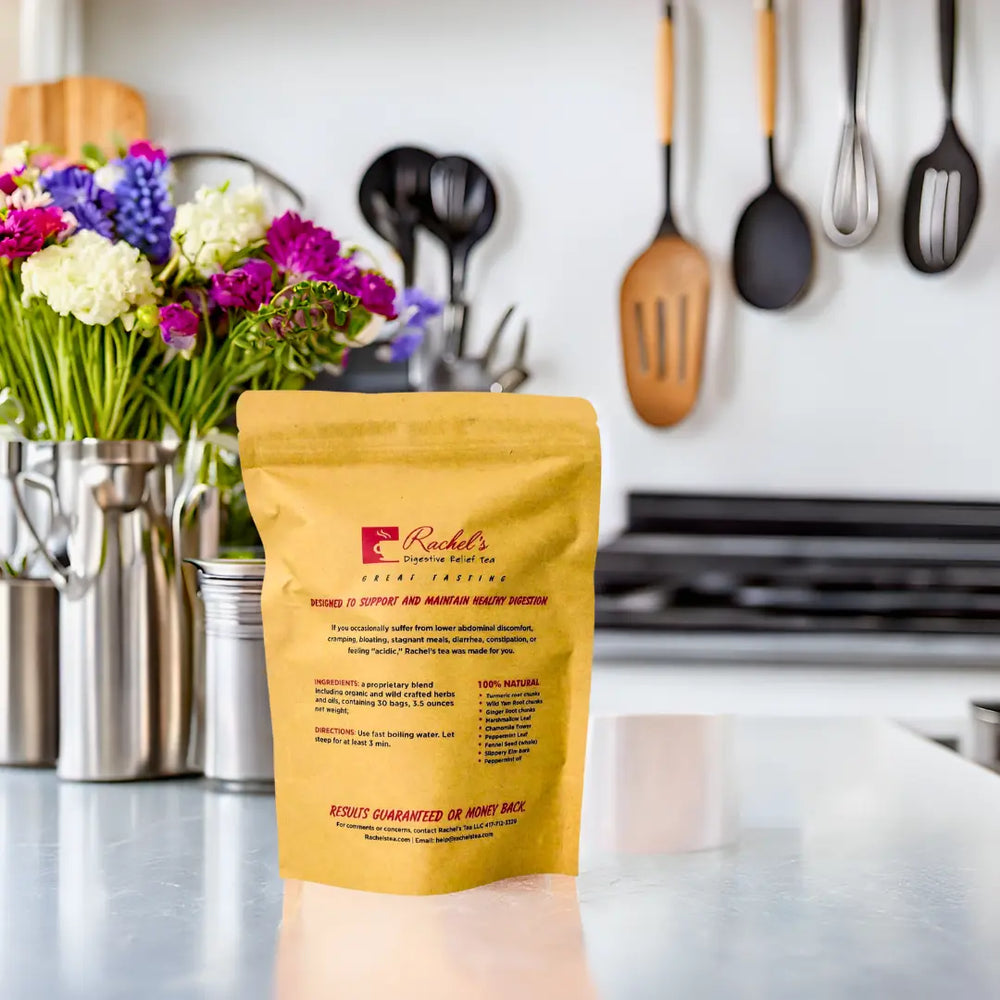Top 10 Benefits of Herbal Teas for Constipation

Are you struggling with digestive discomfort? Constipation is a very common but often ignored condition. It impacts millions of people worldwide. But lifestyle and diet play a key role in it. Herbal teas for constipation is a gentle, effective and natural solution. It is backed up by traditional medicine. It is increasingly supported by modern research. These teas support long-term digestive health and overall well-being.
Today, we’ll explore constipation and how herbal teas work to relieve it. We will also learn about the top 10 benefits of herbal teas for constipation and how to make them a part of your healthy lifestyle.
What Is Constipation?
Constipation is the infrequent bowel movements. In this condition, it is difficult to pass stools. Sometimes, it is a sensation of incomplete evacuation. According to health experts, going fewer than three times a week may indicate constipation. Its main causes are
- Low fiber intake
- Dehydration
- Lack of movement
- Stress
Laxatives provide temporary relief to constipation. But it may lead to dependency and side effects. This is why people have turned to natural remedies for constipation like herbal teas.
What Are Herbal Teas?
 Herbal teas are made from the infusion of
Herbal teas are made from the infusion of
- Medicinal herbs
- Roots
- Flowers
- Seeds
- Spices
Unlike black or green tea, these teas are usually caffeine-free. It makes them suitable for hydration and gentle enough for daily use.
Popular herbal teas that are known for aiding digestion and relieving constipation are:
-
Peppermint tea
-
Ginger tea
-
Dandelion root tea
-
Senna tea
-
Fennel tea
-
Chamomile tea
-
Licorice root tea
These teas work in unique ways to promote
- bowel movements
- soothe the gut
- balance the digestive system.
Top 10 Benefits of Herbal Teas for Constipation
1. Stimulates Bowel Movements Naturally
Herbal teas like senna and dandelion contain natural compounds. They stimulate intestinal muscles and contractions. It encourages bowel movement. It also relieves constipation without using harsh chemicals.
2. Reduces Bloating and Gas
Herbs like peppermint and fennel have carminative properties. They relax digestive tract muscles. They ease bloating associated with constipation. They help to
- dispel gas
- reduce bloating
- ease abdominal discomfort
3. Improves Gut Motility
Chamomile and Ginger tea are known to enhance digestive motility. They are anti-inflammatory. They ensure food moves smoothly through your system and prevent sluggishness. It also
- calm the gut lining
- reduce irritation
- support smoother digestion
4. Hydrates the Digestive Tract
Constipation is also caused by dehydration. Herbal tea is a flavorful and caffeine-free hydration boost. It increases daily fluid intake. It softens stools and supports regularity. It prevents dehydration-related constipation.
5. Soothes the Intestinal Lining
Chamomile and licorice root teas have anti-inflammatory properties. They
- calm irritated gut linings
- Reduce cramps
- Reduce inflammation
6. Supports Liver Detoxification
Herbal teas also support liver function and bile production. It acts as a mild laxative. It helps in
- digestion
- waste elimination
7. Relieves Stress-Related Constipation
Chamomile tea helps in digestion. It also relieves stress. Stress is a common trigger for digestive problems including constipation.
8. Balances Gut Bacteria
Fennel and licorice teas have
- antimicrobial properties
- antioxidants
- prebiotic compounds
They maintain a healthy gut microbiome. It promotes better digestion.
9. Mild Laxative Effect Without Dependency
Most herbal teas offer a natural approach to constipation relief. It decreases the dependency risks of laxatives. It gently moves the bowels.
10. Rich in Antioxidants and Nutrients
Regular use of herbal teas improves digestion holistically. It not only supports
- Elimination
- Absorption
- gut function
Herbal teas provide
- Vitamins
- Minerals
- Phytonutrients
It supports immune function and reduces inflammation.
How Much Tea Should I Drink in a Day?
Most experts suggest 1–2 cups per day of digestive herbal tea. However, always start with one cup. Then, observe how your body reacts. There are certain teas like senna that should not be used daily. Its overuse may lead to dependency and electrolyte imbalance. Always consult with a healthcare provider if you have medical conditions.
 Incorporating tea into a healthy lifestyle for Digestive Health
Incorporating tea into a healthy lifestyle for Digestive Health
Herbal tea won’t solve all digestive issues if used alone. For best results, you need to:
-
Eat high-fiber foods (like fruits, vegetables, and whole grains)
-
Stay hydrated throughout the day
-
Exercise regularly
-
Manage stress through yoga or mindfulness
-
Avoid processed foods and limit dairy if you're sensitive
When paired with healthy habits, it becomes your daily digestive support ritual.
Related Articles:
Conclusion
Whether you're looking to ease occasional digestive trouble and support your gut health. Herbal teas for constipation are a gentle, effective and nourishing tool. It stimulates digestion and reduces bloating. These teas offer much more than a simple solution. They offer a ritual of care for your body.
Remember: Always choose high-quality organic teas and listen to your body. For persistent digestive issues, consult with a qualified healthcare provider.













I bless the day I found Dr.ebedia
i thank him for his amazing remedies that eliminated my herpes virus completely.Never lose hope if you are suffering from HPV, Genital warts herpes hiv ALS etc.you don’t have to be worried.They can be cured forever without coming back.with the best herbal treatment from dr.ebedia.I am a leaving testimony I got cured totally and permanently from Herpes virus with dr.ebedia natural herbal remedies.i recommend you all to dr.ebedia trusted and reliable.
drebedia@gmail .com
Leave a comment